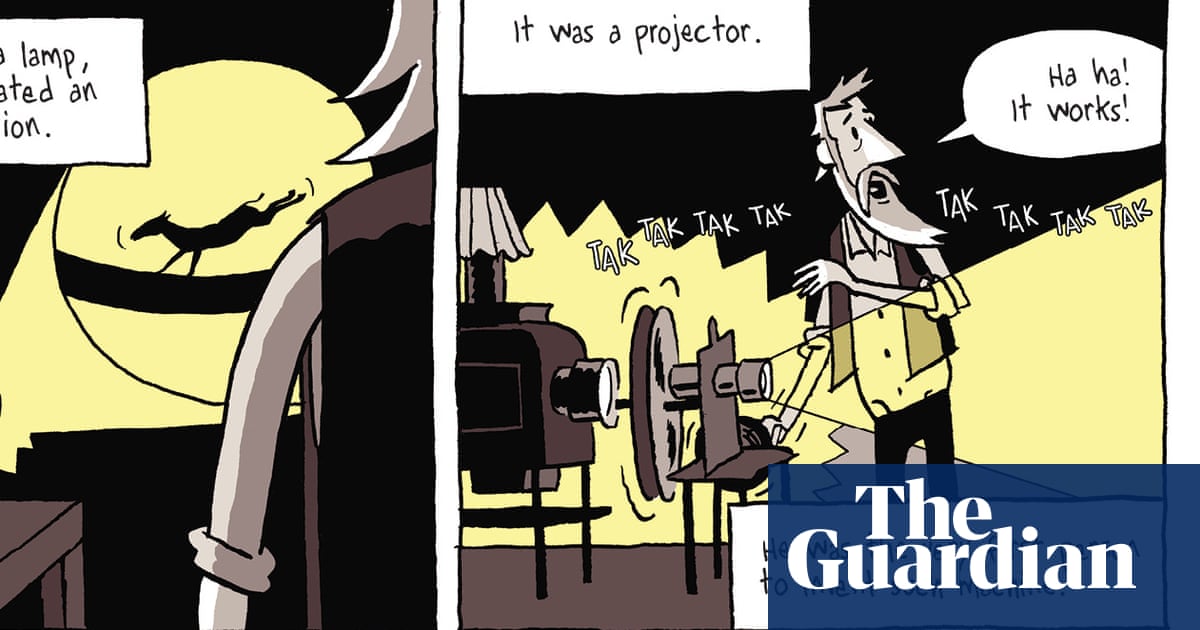Fierce and gusty winds and a heightened risk of wildfire outbreaks are set to return to southern California, and especially the devastated city of Los Angeles, as the region continues to deal with deadly blazes that have already killed at least 27 people and destroyed or damaged thousands of homes.
Windy weather and single-digit humidity that have created dangerous bone dry conditions across the region are expected to linger through Thursday, said Rich Thompson, a meteorologist for the National Weather Service.
The region hasn’t seen rain since April, creating a tinder box-like set of conditions that has millions of residents on edge.
The NWS issued a warning of a “ particularly dangerous situation” for parts of Los Angeles and Ventura counties from Monday afternoon through Tuesday morning due to low humidity and damaging Santa Ana winds. Gusts could peak at 70 mph (113 kph) along the coast and 100 mph (160 kph) in the mountains and foothills.
A windblown dust and ash advisory was also issued, as high winds could disperse ash from existing fire zones across southern California.
Critical fire weather with wind gusts up to 60 mph (97 kph) was also forecast for southern California communities stretching to San Diego on Monday and Tuesday, with residents urged to take steps to get ready to evacuate such as creating an emergency kit and keeping cars filled with at least a half tank of gas.
The warnings come as firefighters continue to battle two major blazes in the Los Angeles area, the Palisades and Eaton fires, which have destroyed more than 14,000 structures since they broke out during fierce winds on 7 January.
The Palisades fire was 52% contained on Sunday and the Eaton fire 81% contained, according to fire officials.
Firefighters have made progress on the perimeter of the Palisades fire, which has blackened more than 37 sq miles (96 sq km) near the Pacific coast, but there are areas in the interior that continue to burn, said Dan Collins, a spokesperson for the Palisades fire incident.
“There is always a possibility in a red flag warning something hot, or some type of burning material from the interior, could be perhaps whipped up and blown across the containment lines,” Collins said.
While firefighters are fairly confident the Eaton fire further inland will remain contained, there are concerns a new fire could break out with vegetation especially dry for this time of year, said Carlos Herrera, an Eaton fire spokesperson.
Fire engines, water-dropping aircraft and fire-fighting crews have been placed across the region to enable a quick response should a new fire break out. “This proactive approach has proven to be a critical component of California’s wildfire response strategy, reducing response times and containing fires before they escalate,” said the office of the governor, Gavin Newsom.
The Associated Press contributed to this report.

 2 months ago
48
2 months ago
48













































